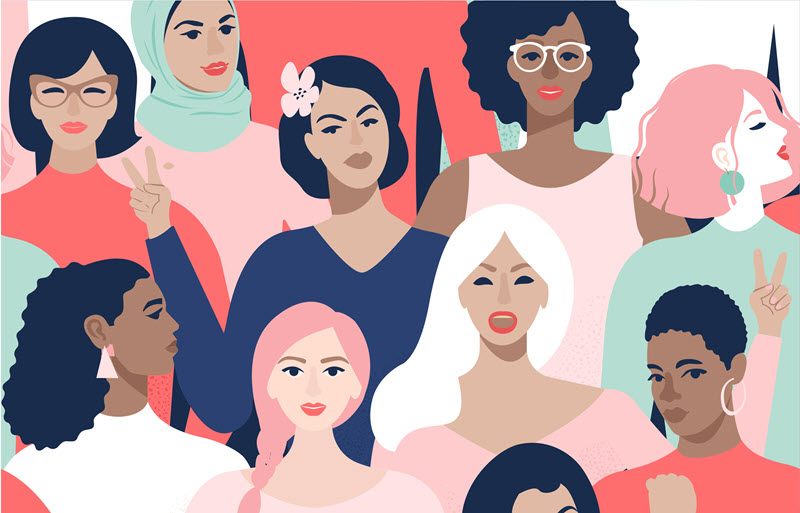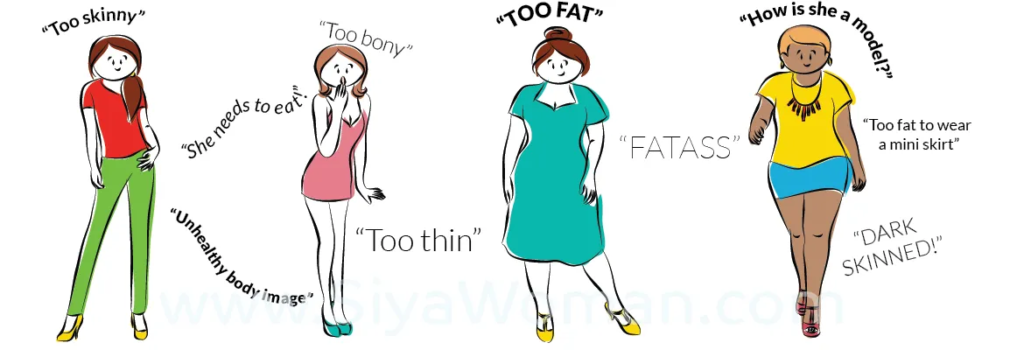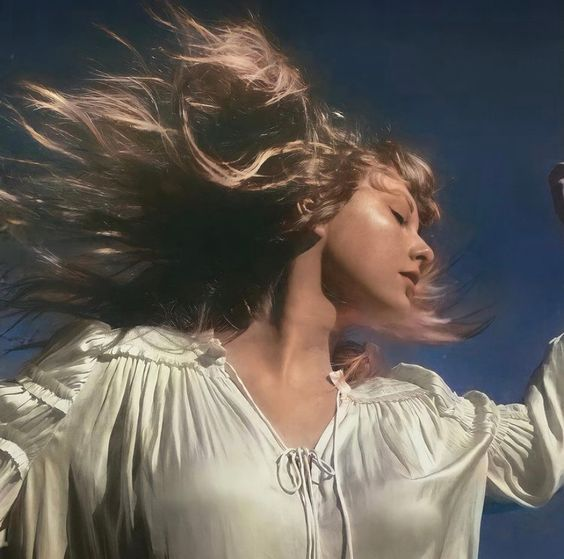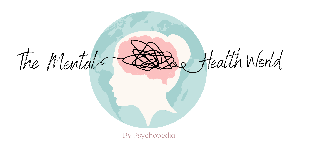
People all over the world will be commemorating International Women's Day in a few days, on March 8. While it's a day to celebrate, it's also critical for women to recognise and prioritize their own self-worth.
When things appear to be heading in the wrong direction, it’s easy to lose one’s sense of self-worth and need a reminder that they are enough. I’m not an expert on gender. What I learnt about inequality and how I learned it came from pure existential needs. But, in my opinion, both men and women are victims of the patriarchal society in which we live. The earlier we realize this, the better.
Biases can be both intentional and unintentional. Biases are firmly ingrained in a person’s opinions as a result of years of collected learning. They’re virtually imperceptible, and they may even be mistaken for a person’s value system. In reality, many prejudices show in such non-malicious ways that one does not consider that they could be quite harmful to one’s own and organization’s success.
Here are a few biases that have caused havoc in women’s professions and are caused by the women themselves:
- Exclusion prejudice – the belief that if a woman concentrates on her work, she will not be a good mother or wife.
- Superwoman syndrome – the assumption that a woman is obligated to excel and be flawless in whatever she does.
- Patriarchal prejudice — The belief that patriarchal gender norms, such as males being better at careers than women and it is the man’s exclusive job to be the family’s breadwinner, are inviolable.
- Gender inferiority prejudice – the belief that women are less capable than males in managing a career, particularly in sales or distribution.
- Identity adoption prejudice — The belief that in order for a woman to succeed in a male-dominated workplace, she must adopt masculine behavior as well.

We’ve been subjected to a lot of stereotyping like this since we were children. Boys aren’t known for crying. Girls are expected to be attractive. We are constantly bombarded with untold amounts of normalized misogyny. ‘Girls run like a girl,’ for example. That is, we are unable to flee. We are all given some burdens to carry from childhood onwards.
Men and women, boys and girls. The shame of being ‘poor,’ or ‘fat,’ or ‘unsuccessful,’ or ‘coloured,’ for example, is a social weight of oppression. I once overheard a woman with an ideal body shape referring to herself as overweight. And a man from the middle class who considers himself destitute. Because she couldn’t fit into a certain dress and he couldn’t afford the luxury car he desired.
We live in a world where a few powerful oppressive systems are at work: class, race, and imperialism. One of them is gender inequality. Victims come in various genders, colors, and backgrounds. And, without a doubt, some more than others.

We’ve been subjected to a lot of stereotyping like this since we were children. Boys aren’t known for crying. Girls are expected to be attractive. We are constantly bombarded with untold amounts of normalized misogyny. ‘Girls run like a girl,’ for example. That is, we are unable to flee. We are all given some burdens to carry from childhood onwards.
Men and women, boys and girls. The shame of being ‘poor,’ or ‘fat,’ or ‘unsuccessful,’ or ‘coloured,’ for example, is a social weight of oppression. I once overheard a woman with an ideal body shape referring to herself as overweight. And a man from the middle class who considers himself destitute. Because she couldn’t fit into a certain dress and he couldn’t afford the luxury car he desired.
We live in a world where a few powerful oppressive systems are at work: class, race, and imperialism. One of them is gender inequality. Victims come in various genders, colors, and backgrounds. And, without a doubt, some more than others.
Blog By: Saloni Lad

